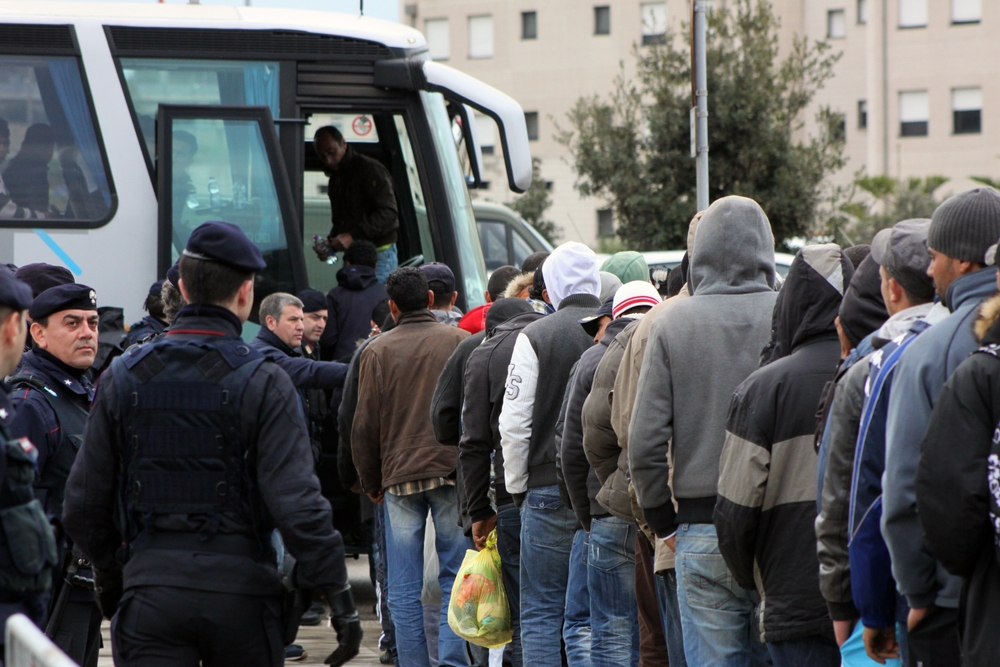The recent report by the European Commission against Racism and Intolerance (ECRI), a body of the Council of Europe, has sparked heated debate in Italy, particularly regarding claims of widespread racism within Italian law enforcement. High-ranking officials, including Prime Minister Giorgia Meloni and the President of the Republic, expressed surprise and frustration over the allegations. While this portion of the report dominated the headlines, less attention was given to the broader contents, including the government’s prior review of the report before its publication.
The Italian government had the opportunity to review and request amendments to the report, especially concerning the accusations against law enforcement. While not all suggested changes were accepted, the government was allowed to add comments. These clarifications acknowledged the presence of issues such as racial profiling but noted that training efforts were underway within the police force to better document and address the problem. ECRI, however, pointed out that the scale of racial discrimination remains poorly understood.
In addition to law enforcement concerns, the ECRI report highlights numerous other issues, particularly related to migrant treatment and judicial independence. The report criticizes Italy’s handling of irregular migrants, many of whom live in precarious conditions, vulnerable to exploitation in agriculture and domestic work. It notes that Italy has not yet implemented sufficient protections for migrants who report exploitation, leaving them exposed to retaliation, violence, and further abuse.
The report also touches on the hostile political discourse surrounding migration, particularly pointing to attacks from politicians and government figures against non-governmental organizations (NGOs) that support migrants. ECRI expresses concern over these “unwarranted” criticisms, warning that they undermine both the efforts of NGOs and the independence of the judiciary, which frequently handles cases related to immigration.
Another major area of concern is Italy’s approach to integration, with ECRI identifying numerous challenges in public service access, such as healthcare and education, and in obtaining citizenship. The decentralized nature of many public services has resulted in inconsistent support across regions, leading ECRI to recommend stronger coordination mechanisms at the national level to ensure equal access for all migrants.
ECRI also addresses ongoing issues related to discrimination, LGBTQ+ rights, and the lack of comprehensive equality education in Italian schools. While the introduction of civic education has been a positive step, the report emphasizes that more consistent efforts are needed to promote respect for sexual orientation and gender identity in schools. ECRI concludes that, despite some progress—such as the 2016 civil union law—discrimination persists in the workplace and in accessing public services, particularly for transgender individuals, whose experiences in the healthcare system remain fraught with difficulties.

